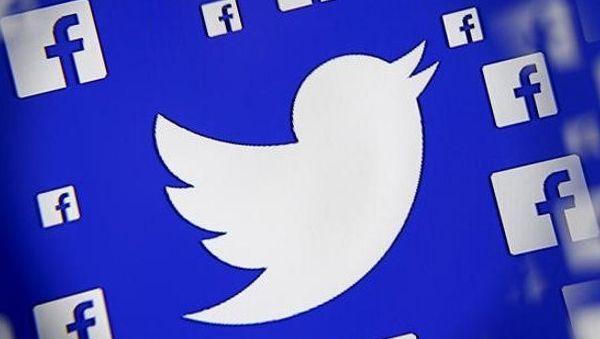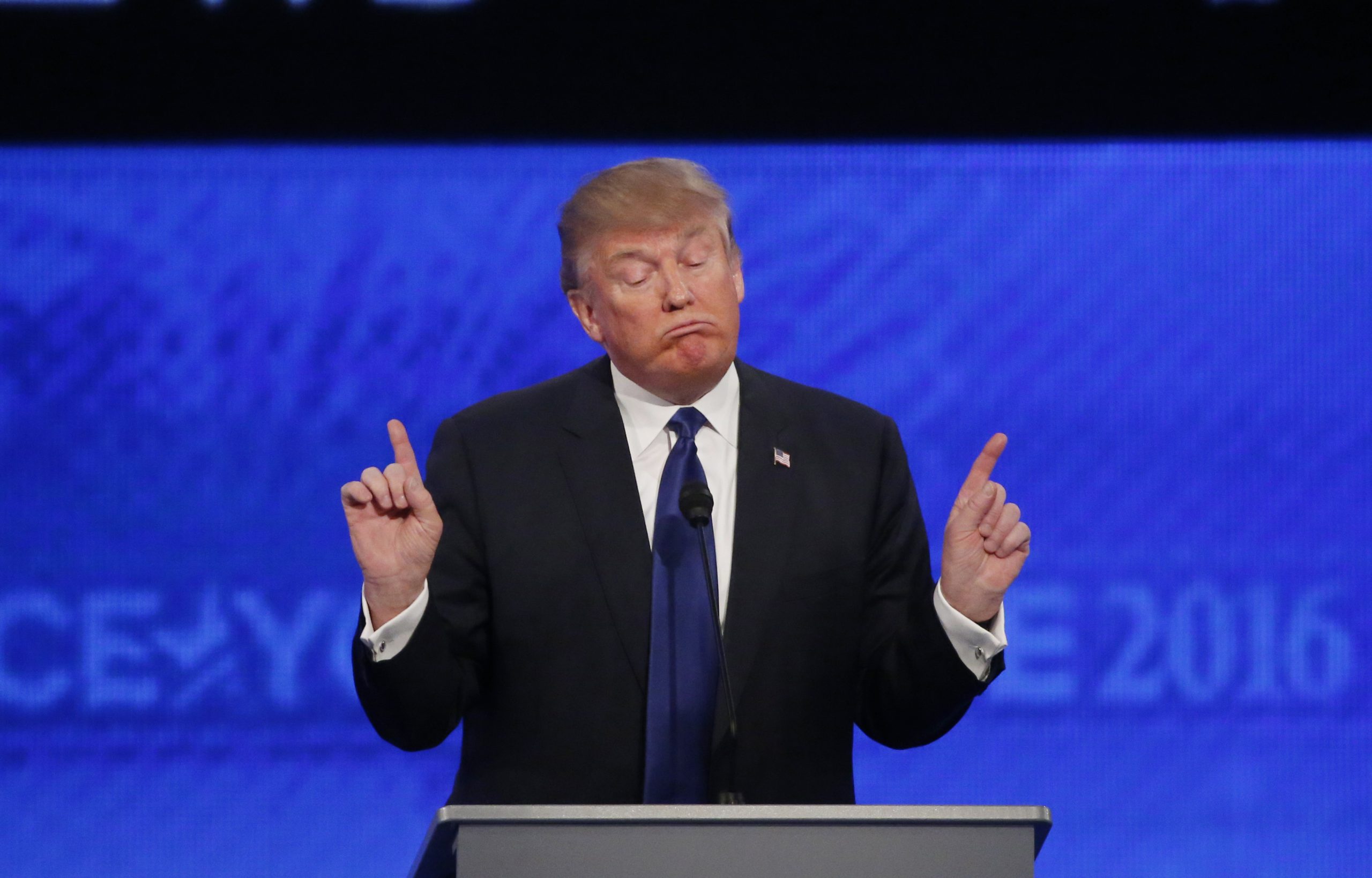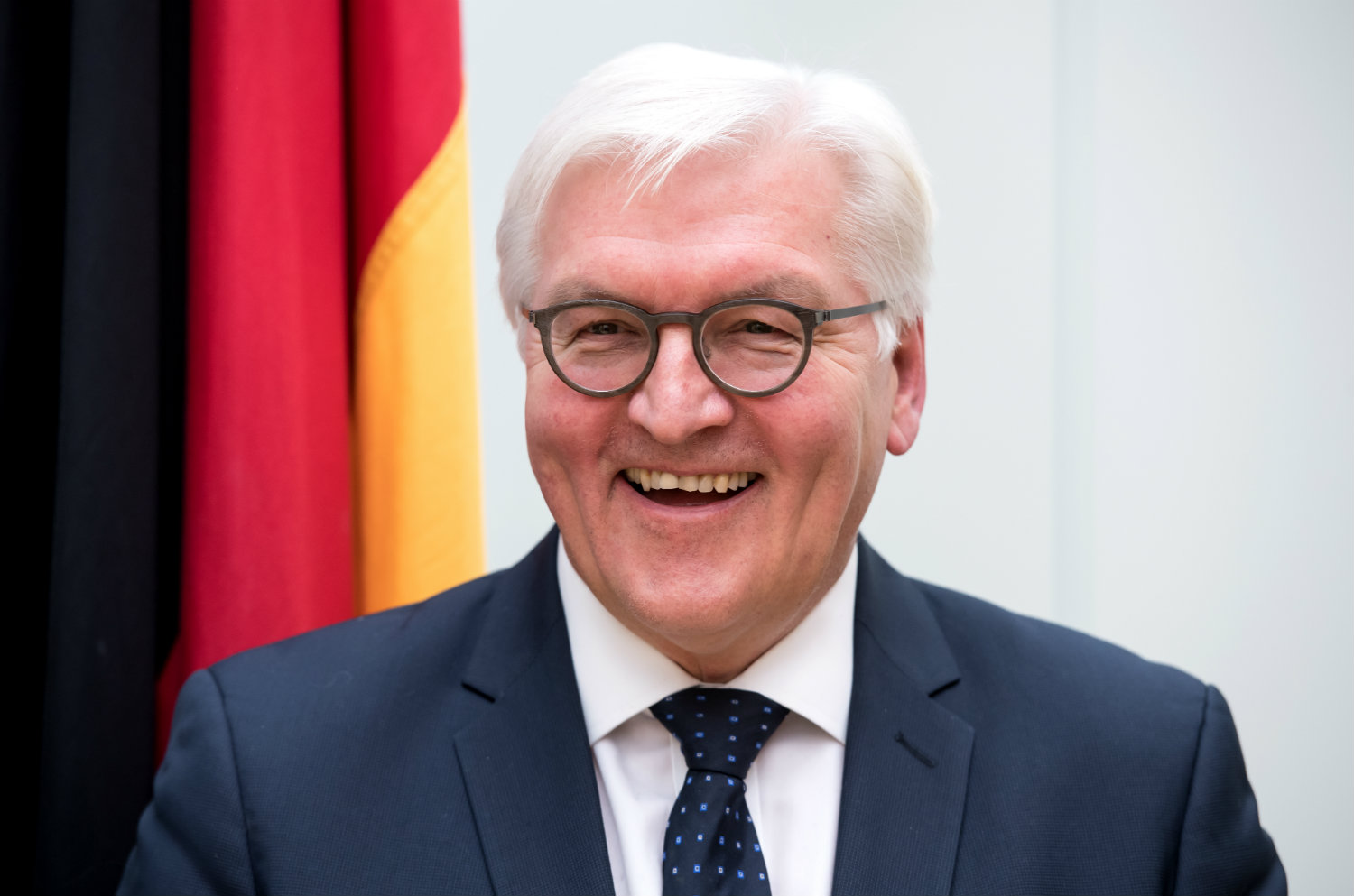Social media companies like Facebook, Twitter and Google’s YouTube have stepped up both the speed and number of removals of hate speech on their platforms in response to pressure from the European Union to do more to tackle the issue, according to the results of an EU evaluation.
Facebook won particular praise for reviewing most complaints within a 24-hour target timeframe set down in a code of conduct agreed in December by the European Commission, Facebook, Microsoft , Twitter and YouTube.
Calling the results “encouraging” for the Commission’s push for self-regulation, Justice Commissioner Vera Jourova said the proportion of offending items taken down had doubled and action was being taken more quickly than when the EU checked six months ago.
“This … shows that a self-regulatory approach can work, if all actors do their part. At the same time, companies … need to make further progress to deliver on all the commitments,” Jourova said in a statement, adding that firms should provide more feedback to people who brought abuses to their attention.
Facebook scored highly on this, Twitter and YouTube less so.
The voluntary code of conduct obliges firms to take action in Europe within 24 hours, following rising concerns about the proliferation of racist and xenophobic content on social media triggered by the refugee crisis and attacks in Western Europe.
This included removing or disabling access to the content if necessary, better cooperation with civil society organizations and the promotion of “counter-narratives” to hate speech.
Facebook assessed notifications of hateful content in less than 24 hours in 58 percent of cases, up from 50 percent in December, according to the report.
Twitter also sped up its dealing with notifications, reviewing 39 percent of them in less than 24 hours, as opposed to 23.5 percent in December, when the Commission first reviewed the companies’ progress and warned them they were being too slow.
YouTube, on the other hand, slowed down, reviewing 42.6 percent of notifications in less than 24 hours, down from 60.8 percent in December, the results showed.
“IT companies have all been improving time and response to notifications on manifest illegal hate speech,” Jourova said at a meeting of the EU High Level Group on combating racism, xenophobia and other forms of intolerance on Wednesday.
“There are differences among the companies … but we can objectively say that all have improved.”
All the companies significantly increased the number of removals. Overall, content was removed in 59.2 percent of cases, more than double the rate in December which was 28.2 percent.
The proliferation of hate speech on social media has increased pressure on the companies to remove the content swiftly as they face the prospect of legislation at both EU and national level.
Last week EU ministers approved plans to force social networks to take measures to block videos with hateful content while the German government approved a plan in April to fine companies up to EUR 50 million if they fail to remove hateful postings quickly.
The most common ground of hate speech the Commission identified was xenophobia, including expressions of hatred against migrants and refugees, together with anti-Muslim hatred, followed by ethnic origin.
The spread of fake news and racist content has taken on more urgency in Germany after the arrival of about a million migrants over the last two years.





